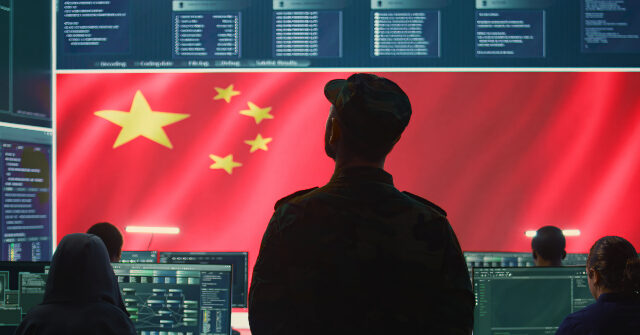Dutch Defense Minister Says China Is Snooping on Its High-Tech Industry
The Dutch defense minister, Ruben Brekelmans, has revealed that China has intensified its spying efforts on the Netherlands' high-tech industry, including the development and manufacture of semiconductors. This comes as tensions between the two countries continue to escalate, with the Netherlands joining an American effort to restrict chipmaking technology exports to China for national security reasons.
According to Brekelmans, China's interest in the semiconductor industry is driven by a desire to gain access to intellectual property and technological advancements. "The semiconductor industry, which we are technologically leading, or technology advanced, of course, to get that intellectual property – that’s interesting to China," he told Reuters during an interview at the Shangri-La Dialogue security meeting in Singapore.
Semiconductors are crucial components in modern electronics, enabling the controlled flow of electric current in devices such as microchips and other electronic systems. They play a vital role in the production of smartphones, laptops, and other digital devices. China's growing reliance on semiconductor technology has raised concerns about the country's ability to develop its own advanced technologies.
Last year, an annual report released by the Dutch military intelligence agency alleged that Chinese spies had targeted the Netherlands' semiconductor, aerospace, and maritime industries in an effort to strengthen China's armed forces. The report stated that Chinese cyber activity was becoming increasingly sophisticated, with many attacks originating from China.
When asked if the spying had stopped, Brekelmans replied that it continued. "In our newest intelligence reports, our intelligence agency said that the biggest cyber threat is coming from China, and that we do see most cyber activity when it comes to us being as from China," he said. This confirms the Netherlands' long-standing concern about Chinese espionage in its territory.
China's foreign ministry has consistently denied allegations of spying and industrial espionage, but the Dutch government remains vigilant. Tensions between the two countries have grown since Dutch intelligence agencies announced last year that Chinese cyber spies gained access to the country's military network in 2023.
The Threat of Chinese Cyber Espionage
Chinese cyber espionage has been a persistent challenge for both the United States government and private industry. It has come through industrial espionage, the hacking of telecommunication companies, and even intelligence operations at prestigious universities like Stanford.
Last month, Breitbart News reported on the widespread threat of Chinese cyber espionage, which has led to concerns about data security and intellectual property theft. The Dutch defense minister echoed this concern, stating that "security is becoming increasingly important for the Netherlands as China is 'using their economic position for geopolitical purposes and also to pressure us'."
A New Era of Great Power Competition
The Dutch defense minister's comments reflect a growing recognition of the need for nations to reduce their dependency on critical raw materials and technologies. Both the European Union and individual countries, like the Netherlands, need to take steps to diversify their supply chains and reduce their reliance on China for these resources.
Reducing Dependency on China
"Both on the European Union level, but also on the national level, we need to make bigger steps in order to reduce those dependencies," Brekelmans said. This call to action reflects a growing recognition of the strategic importance of security and diversification in international relations.
